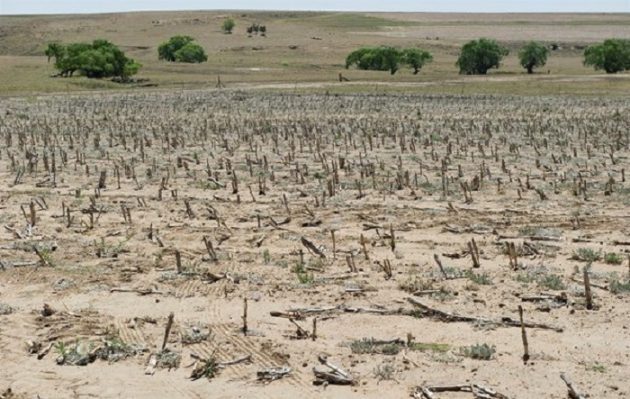The South African government finally declared Cape Town’s drought as a national disaster earlier on this year. This is after the country has been grappling with the seemingly endless water crisis for over a year now. On the other hand, now that the drought has been declared a national disaster, emergency funds will be used to improve water infrastructure and storage projects in the region.
The drought has not only left a large dent in Cape Town’s local finances, but also affected the country’s economy negatively. The agricultural sector, for instance, is one of the worst hit sectors as far as the economy is concerned. So much so that according to media reports, the Western Cape agriculture is set to produce approximately 20% less of its overall output this year. The decrease in output directly affects apple, grape and pear exports which in turn reduces the trade to Europe.
The Western Cape economy equates to 13% of South Africa’s GDP in total. As such, a 2% loss from the province means a 0.26% reduction of the national total. Unfortunately, the prevalent drought has resulted in losses amounting to approximately US $393m in the Western Cape’s agricultural sector.
Agriculture and agri-processing contribute a combined US $4Bn to the provincial Gross Value Added (GVA) – a measure of all the goods and services produced by a sector. These sectors make up approximately 52% of the province’s exports. As a sector, it represents 10% of the provincial GDP and employs 340,000 people, mostly in rural areas.
According to the MEC for Economic Opportunities Alan Winde, the prolonged drought on the province’s GVA is estimated at US $ 464m. This represents an average production decline of around 20%, a bigger percentage than the anticipated US $385m.
Mr. Winde explained that the record losses experienced in wheat production in addition to the strengthening Rand impacting export prices resulted in the increased figure. On the other hand, the estimated number of job losses in the sector remains at 30,000.
The agriculture sector has on average been forced to cut its water use by 60%. Moreover, some areas have already drawn down their entire water allocation. Subsequently, there has been a significant decline in farm output. This is because farmers are now prioritizing crops such as fruits due to their higher profit margins. Vegetables and other crops have since been abandoned. For instance, there was a reduction of about 1,000 hectares of area planted for both potatoes and onions.
Furthermore, smaller export volumes have resulted in income losses and export prices are being affected either due to the small size of fruits or the sunburnt condition they arrive in. Consequently, exports volumes are expected to decline between 13% and 20% this year.








